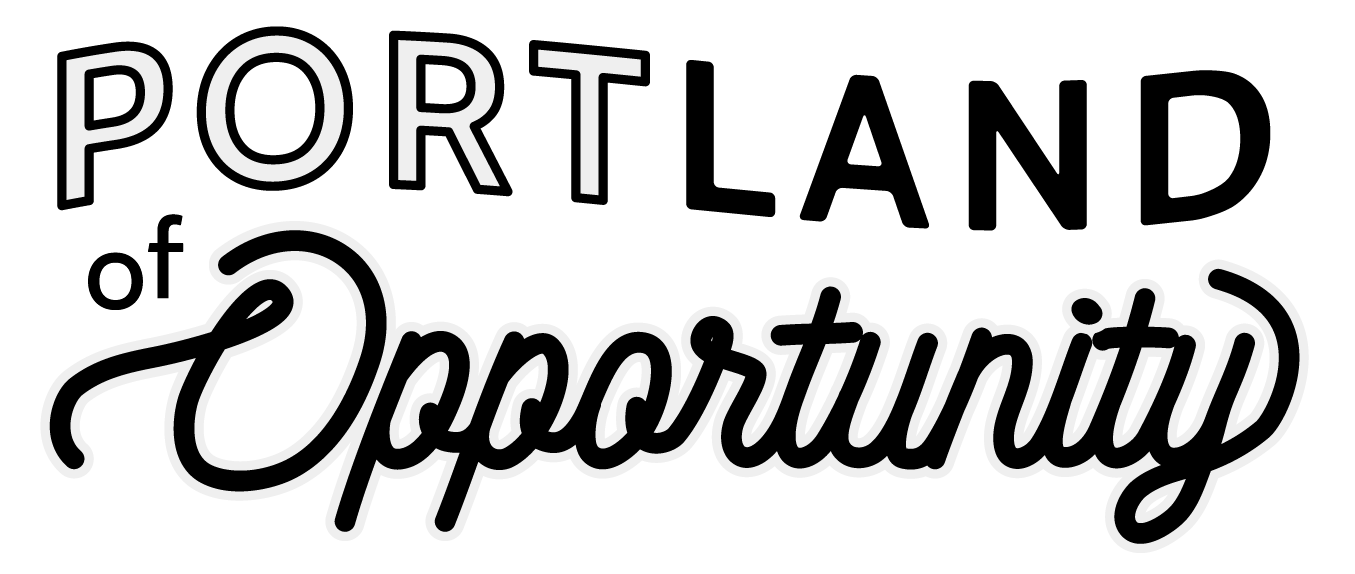Racial Disparity Data and Educational Resources
The Office of Economic Opportunity has created this resource page where we share these stories, facts, reports, and truths that help us turn frustration into action and sadness into empowerment.
OEO exists because of its continued commitment to this work, and has created this page in realizing that we too, can do better.
We have to lift ourselves and honor the sacrifices and injustices before us by building a path forward as we stand on the shoulders that came before us. It is upon us to be thoughtfully reactive so that our actions, big and small, improve the conditions in place. Some of us have been painfully aware of the enormous and indisputable disparities unique to our communities of color. The question is: how do we move forward from here? There is one place to start, and that is self-education. Below we have provided data-driven information that exemplify the pervasiveness of inequality in not only our country, but the state of Maine itself. Additionally, we have compiled information on ways that we as individuals can work to face our collective history and work towards being anti-racist.
Data by topic
The black-white income gap in the U.S. has persisted over time. For every $100 of wealth held by a white family, a black family has $5.04.
People of color are not only more likely to not have access to affordable healthcare, but they are more likely to die from illnesses where their white counterpart is not.
Two-thirds of minority students still attend schools that are predominantly minority, most of them located in central cities and funded well below those in neighboring suburban, white-dominated districts.
Voter suppression, gerrymandering, and under-representation of people of color in government are all indicators of the inequality that exists within civic life here in the US and Maine.
Black adults are about five times as likely as whites to say they’ve been unfairly stopped by police because of their race or ethnicity. One in three black men will be imprisoned some time in their life.
Educational Resources
There are many ways individuals can work towards being anti-racist in their behaviors, actions, and mindsets. Many of us are at varying levels of our exposure to this topic, and therefore need to start this process in a way that makes sense to ourselves. The most important part is that this process starts now, and that we are aware of our own biases. As Ijeoma Oluo writes, “The beauty of anti-racism is that you don’t have to pretend to be free of racism to be an anti-racist. Anti-racism is the commitment to fight racism wherever you find it, including in yourself. And it’s the only way forward.”
You may have family members and friends who have said something offensive and/or racist. You have young children but don’t know how to bring up the discussion of race. These are hard conversations, but not talking about race only perpetuates racism.
Change starts within you. Take the time to learn about the true, dark history of the United States and how white people in the United States have been raised in and socialized to society founded on racism.







